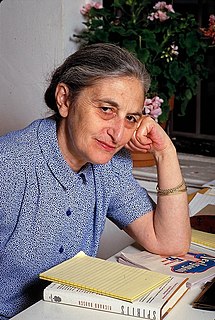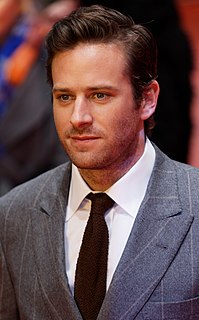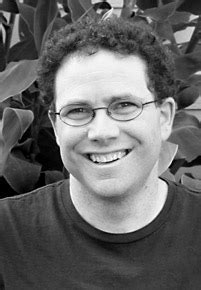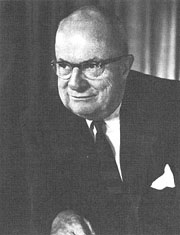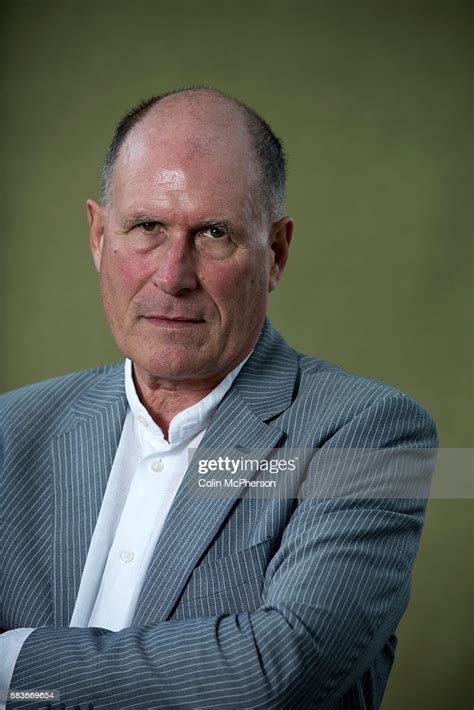A Quote by Zadie Smith
One thing you learn about the novel as a form is that it's always smarter than you are.
Related Quotes
The manual for WordStar, the most popular word-processing program, is 400 pages thick. To write a novel, you have to read a novel - one that reads like a mystery to most people. They're not going to learn slash q-z any more than they're going to learn Morse code. That is what Macintosh is all about.
Searching out directors you respect and that you can learn from that's always the dream. That's the goal. That's hopefully where this whole thing is leading, and what better way to learn about directing and learn about what works and what I like and what resonates me than by working with a bunch of great directors.
A form wherein we can enjoy simultaneously what is best in both the novel and the short story form. My plan was to create a book that affords readers some of the novel's long-form pleasures but that also contains the short story's ability to capture what is so difficult about being human - the brevity of our moments, their cruel irrevocability.
I went to a school where everyone was smarter than me. And I'm not blowin' smoke, I, my, I was surrounded by genius, genius kids. What's interesting about growing up in a culture like that is you go, "All right, I gotta figure out what my thing is. Because I'm not smarter than these kids. I'm not funnier than half of them, so I better figure out what it is I wanna do and work really hard at that because intellectually I'm treading water to, to be here."
Madly, futilely, I wrote novel after novel, eight in all, that failed to find a publisher. I persisted because for me the novel was the supreme literary form - not just one among many, not a relic of the past, but the way we communicate to one another the subtlest truths about this business of living.
Madly, futilely, I wrote novel after novel, eight in all, that failed to find a publisher. I persisted because for me the novel was the supreme literary form: not just one among many, not a relic of the past, but the way we communicate to one another the subtlest truths about this business of living.

